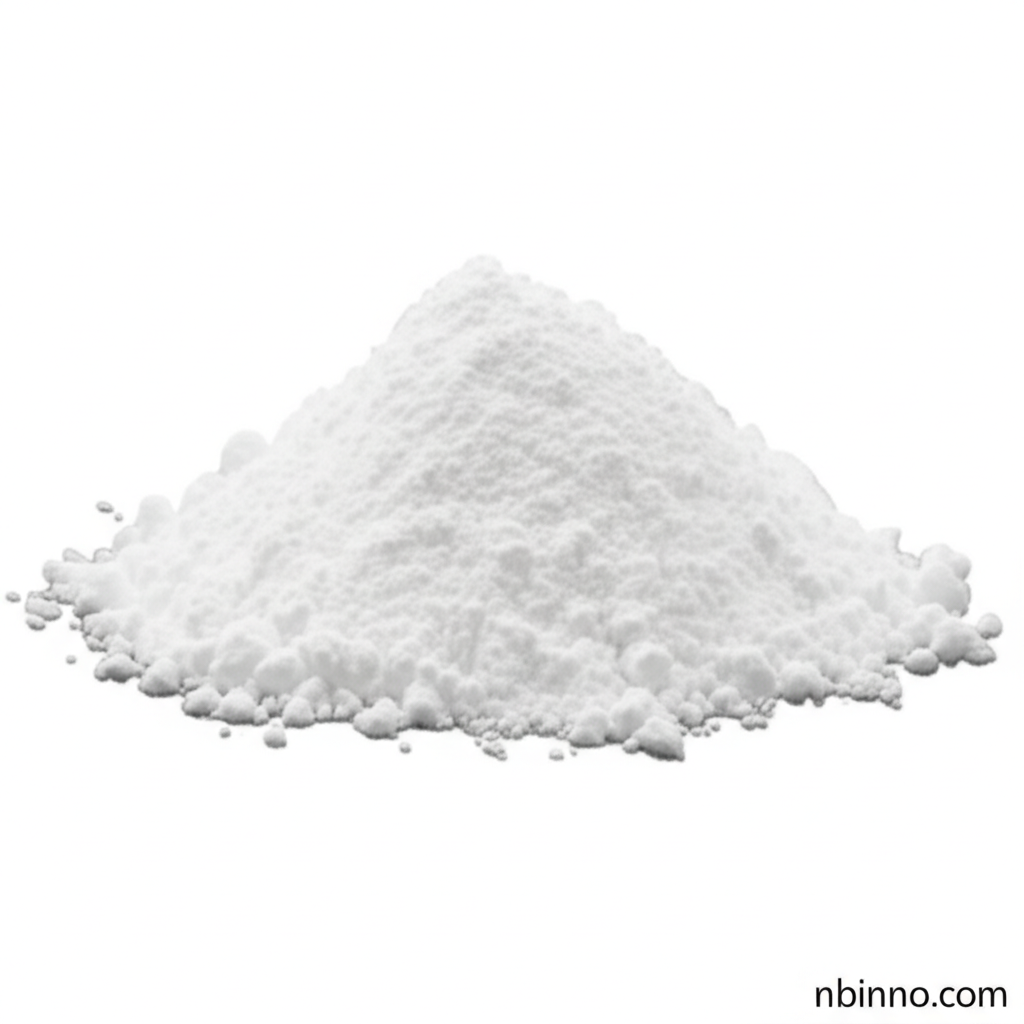High Purity Tranexamic Acid: Antifibrinolytic, Hemostatic Agent for Cosmetics and Pharmaceuticals
Experience the skin-brightening power and hemostatic efficacy of premium Tranexamic Acid.
Get a Quote & SampleProduct Core Value

Tranexamic Acid
A synthetic derivative of lysine, Tranexamic Acid is a powerful antifibrinolytic and hemostatic agent. It works by inhibiting fibrinolysis and plasminogen activation, offering significant benefits in both medical and cosmetic applications.
- Leverage tranexamic acid for skin whitening and chloasma treatment, offering a potent solution for hyperpigmentation.
- Utilize its strong antifibrinolytic agent properties to manage bleeding disorders effectively.
- Benefit from the hemostatic properties of tranexamic acid, which are significantly stronger than conventional alternatives.
- Incorporate this high purity tranexamic acid supplier's product for reliable cosmetic grade tranexamic acid in your formulations.
Key Product Advantages
Superior Whitening Efficacy
Experience the remarkable skin whitening capabilities of tranexamic acid for skin whitening and chloasma treatment, known to be significantly more potent than Vitamin C.
Effective Hemostasis
Rely on the robust hemostatic properties of tranexamic acid to control various types of bleeding, providing a crucial advantage in medical settings.
Mechanism of Action
Understand the tranexamic acid melanin synthesis inhibition process, which helps in reducing dark spots and achieving a more even skin tone.
Key Applications
Cosmetic Formulations
This tranexamic acid pharmaceutical raw material is ideal for skincare products targeting pigmentation, offering a solution for tranexamic acid for chloasma treatment.
Pharmaceutical Manufacturing
As a reliable tranexamic acid antifibrinolytic agent, it's a key component in medications for bleeding disorders and post-operative care.
Nutritional Supplements
Incorporate tranexamic acid into health food additives and dietary supplements for its overall health benefits and potential therapeutic uses.
Dermatological Treatments
Its ability to inhibit plasminogen binding keratinocytes makes it valuable for targeted dermatological treatments aimed at improving skin health.
